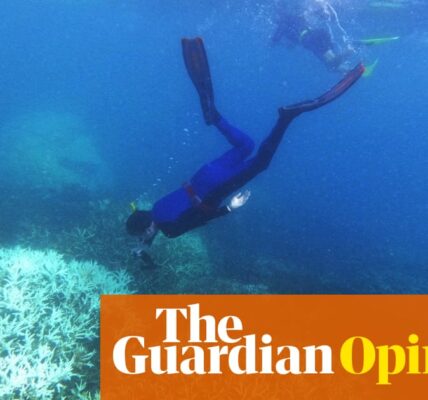Campaigners say that the demand for frogs’ legs in France is causing endangerment of species in Asia.

A team of scientists and veterinarians has cautioned that France’s demand for frogs’ legs is causing harm to the environment, putting amphibians in Asia and southeastern Europe at risk of extinction.
Over 500 experts from various research, veterinary, and conservation groups have urged Emmanuel Macron, the president of France, to stop the excessive exploitation of frogs and provide better protections for the most commonly traded species.
The European Union brings in roughly 80-200 million frogs annually, with the biggest demand in France. A study conducted by environmental organizations Robin des Bois and Pro Wildlife found that the majority of these frogs are either sourced from wild populations in Indonesia, Turkey, and Albania, or from farms in Vietnam. They have organized a letter addressing this issue.
According to Sandra Altherr, the head of science at Pro Wildlife, the practice is not in accordance with the EU’s wildlife strategy. She finds it concerning and paradoxical that while European frog populations are protected under EU law, the collection of millions of frogs in other countries is still allowed, even if it poses a threat to their populations.
France consumes the most frogs’ legs, typically prepared by frying in batter or sautéing with garlic and parsley, among all European Union countries. The scientists suggest that France advocates for global protection of endangered frog species through the Convention on International Trade in Endangered Species of Wild Fauna and Flora (Cites), an organization that combats illegal trade of plants and animals.
In February, a coalition of 46 environmental non-governmental organizations (NGOs) presented a comparable petition to the French Ministry of the Environment.
Research has indicated that certain types of frogs are currently experiencing negative impacts. As per the correspondence addressed to Macron, the fanged river frog (Limnonectes macrodon) has seemingly vanished from being imported for commercial purposes to France. Additionally, the crab-eating frog (Fejervarya cancrivora) and rice-field frog (Fejervarya limnocharis), which are more commonly found, have been declining in population due to heavy commercial harvesting for a significant period of time.
Frogs have significant roles in ecosystems and agricultural settings. Tadpoles can enhance the water quality of ponds, while frogs can aid in reducing the use of pesticides by farmers. Additionally, they may contribute to preventing the spread of infectious diseases by consuming mosquitoes.
The head of the Vétérinaires pour la Biodiversité group, Alain Moussu, stated that the group has garnered significant support among veterinarians for their efforts. He explained that these professionals are motivated by their awareness of the inhumane treatment of animals in the market and the negative effects on the environment due to declining amphibian populations.
Source: theguardian.com


